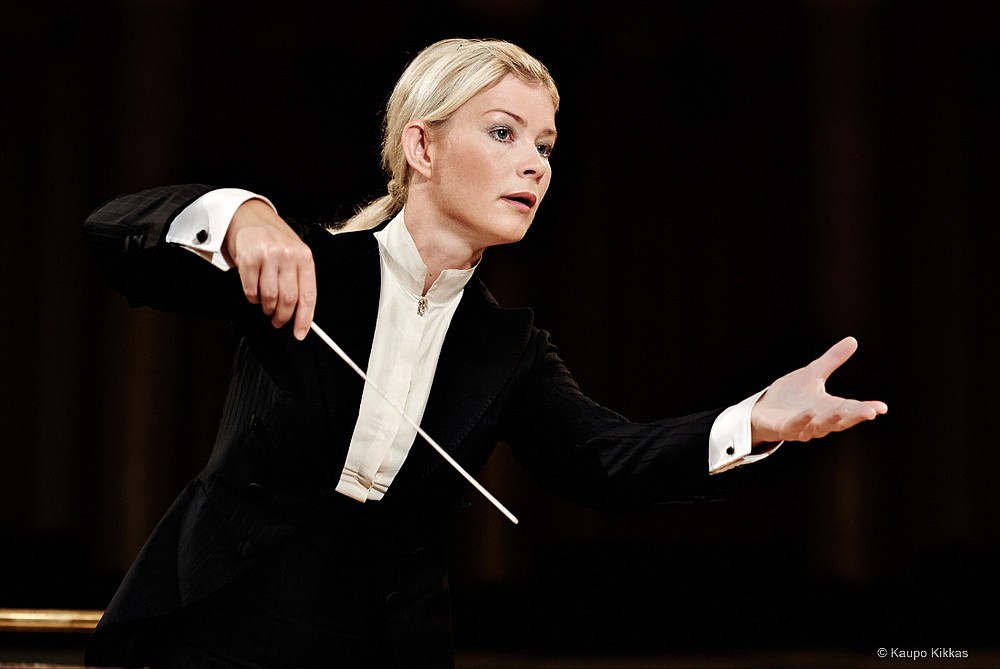- April 25, 2024
-
-
Loading

Loading

Let’s be blunt. Classical music aficionados can resemble Dr. Seuss’s “Sam I Am” character, relentlessly promoting their favorite joy to the unconverted — in this case the music of Brahms, Beethoven, Berlioz and company, not green eggs and ham. Other music mavens resemble the members of a mysterious sect reluctant to open its doors to new converts who don’t know the catechism. (“Music snobs” would be the technical term.) That combination of proselytizing and prickliness has turned a few folks off to classical music. Unfairly.
We recently spoke to the leaders of several music organizations and everybody’s favorite area classical music DJ. They’d all love to turn you on.
Here are a few tips they shared to help you get the most out of a classical music performance.
Music critic and on-air host of “June LeBell’s Musical Conversations” at WUSF Public Media.
Listen. Amen.
“Really listen to the music, and don’t have any preconceived notions, if that’s possible. Don’t think you have to know anything about classical music. You don’t. You’re there to enjoy it, period. If the music moves you, it serves its purpose. That’s the whole point.”
Music teacher, vocal coach and Sarasota Concert Association president
Listen With Your Whole Being.
“Truly Listen. That’s not always easy. The eye is more easily engaged than the ear. Sir Thomas Beecham was once conducting a performance of “The Twilight of the Gods” when a director accidently turned the lights out. Beecham said, ‘In order to determine which opera is being played this evening, it has become necessary to listen to the music.’ It’s good advice; truly listen to the music, even when the lights are on.”
Classical music director, WUSF Public Media
Do Your Homework.
“If you’re unfamiliar with a piece on the concert program, Google the composition and get a little background information. I find that it’s always good to give myself a little refresher course before heading out.”
“I also sometimes like to listen to a favorite recording of a piece that’s on the program. At the concert, I’ll listen for the subtle (sometimes not so subtle) differences between the conductors’ approaches.”
“If the concert has a soloist I’m not that familiar with, I like to read in advance about his or her background and what their specialty might be.”
Managing Director of Artist Series Concerts
Clear Your Mind. Be Open to the Unknown.
“Consider attending a live performance as a gift to yourself and a time to clear your head from all the clutter of daily life. Leave your cell phone in the car, and don’t think about all the things you have to do tomorrow. Clear your mind and open it to the moment.”
“Be open to the unknown. Look for performances that have a twist, a new fresh look or a new take — for example, arias performed instrumentally, without words. Smart programmers combine familiar pieces with new experiences. ”
Conductor and music director, Sarasota Orchestra
There is No Right or Wrong.
“Your first experience of listening to classical music should happen at a live performance.”
“Relax. Go alone or with friends. The most important thing is that you enjoy the concert experience. I suggest arriving a little early and reading the program book to get an idea of what’s behind the music and to pick the composer’s brain as to why he or she composed a certain piece and in what historic background.”
“Just sit back and let the music speak to you. Approach the music with no pressure to feel it in a certain way or with any expectations.”